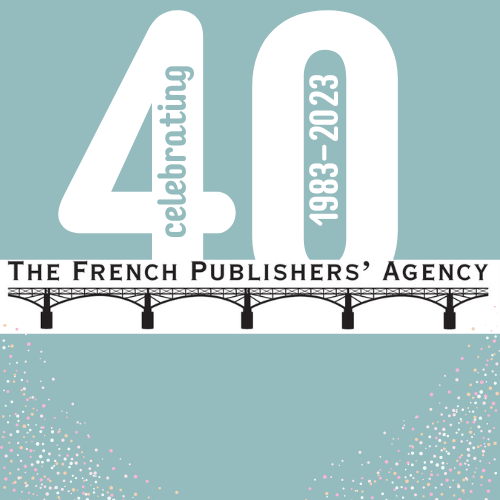THE SHIFT TO WAR ECOLOGY: ***SOLD***
AN environmental history of peace
pierre charbonnier
(La Découverte, 319 pages, 2024)
How do we build a new world order that links security and protection of the Earth, and where peace is maintained, without destroying the planet? Following up from his previous work, Affluence and Freedom, Pierre Charbonnier challenges the philosophical foundations of political ecology associated with pacifism and degrowth. In this thought-provoking book, he explains why peace after 1945 was built at the expense of the environment, and why this peace is no longer sustainable. We are now living in the “ecology of war.”
The daring hypothesis underlying this book is that the only thing more dangerous now than war for nature and climate is peace. He retraces an environmental history of peace that culminated in the current crisis in which ensuring population security and respecting planetary limits appear contradictory. We are the heirs of an intellectual and political history that has constantly repeated the axiom that creating the conditions for peace requires exploiting nature, exchanging resources, and providing sufficient prosperity for all. In this logic, for jealousy, conflict, and the desire for war to disappear, it was first necessary to fight against the scarcity of natural resources. We also needed a universal language for humankind: the language of science, technology, and development.
These ideas, which can be traced back to the eighteenth century, found a striking expression in the mid-twentieth century. In the aftermath of the Second World War, the development of fossil fuel infrastructures was coupled with a pacifist and universalist discourse designed to undermine the causes of war by liberating productivity. What was called “the carbon peace” was based on the idea that trade between nations, and in particular trade in energy resources (oil, gas, coal), was necessary to avoid the return of war.
In the twenty-first century, this paradigm has become obsolete, since we must both guarantee peace and security and integrate planetary limits; in other words, learn to make peace without destroying the planet. This is what Russia’s war with Ukraine is teaching us, along with the emergence of a discourse that links strategic independence to the decarbonization of national economies. In this context, we can speak of the ecology of war according to which sustainability and security must now be aligned to steer us toward a reduction in greenhouse gas emissions.
Pierre Charbonnier is a researcher at the CNRS and a member of the Centre d’études européennes. He teaches at Sciences Po, Paris. His book Affluence and Freedom: An Environmental History of Political Ideas (Abondance et liberté, La Découverte 2019) was published by Polity Press in 2021.

